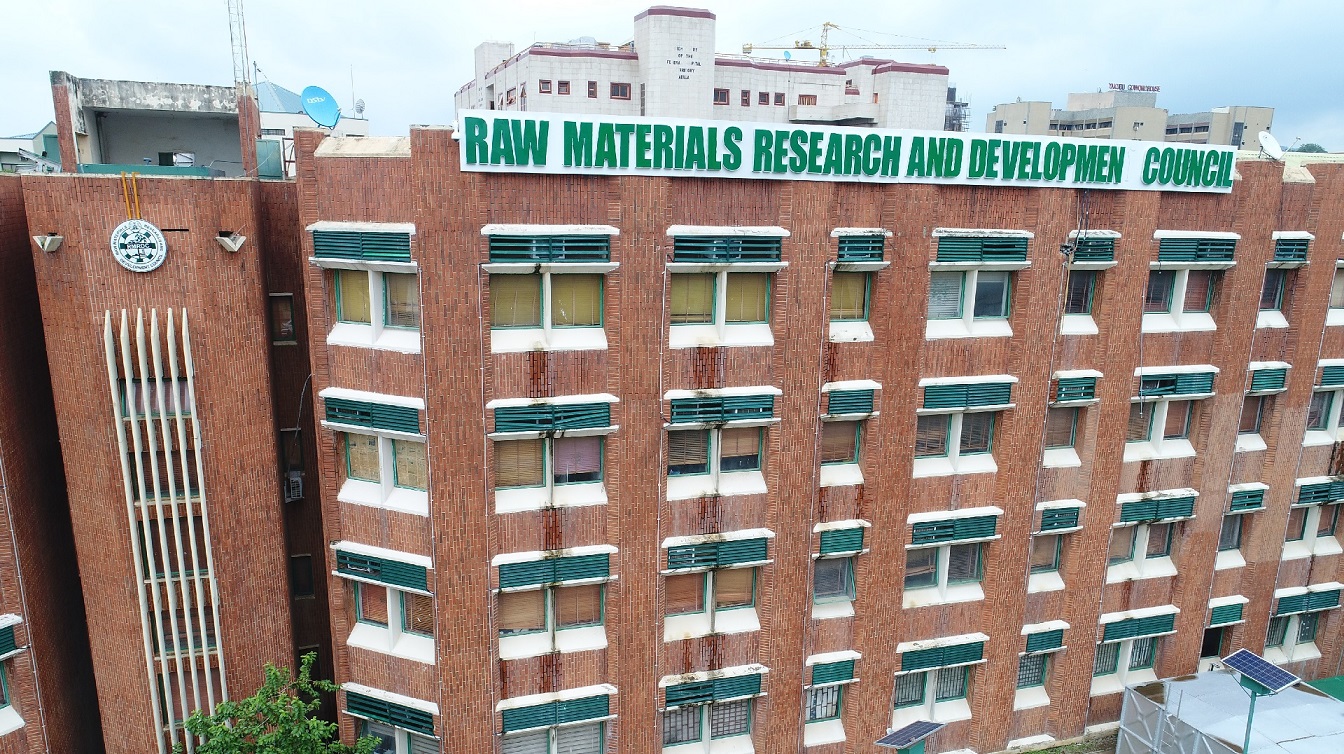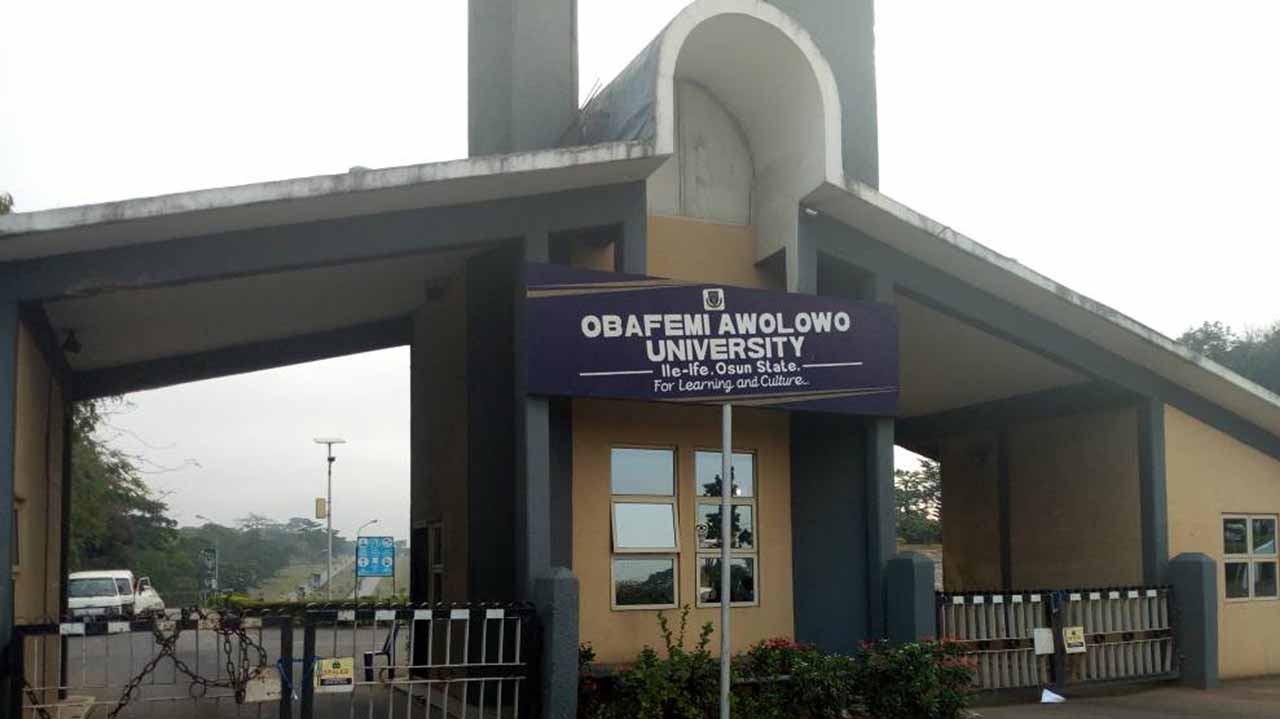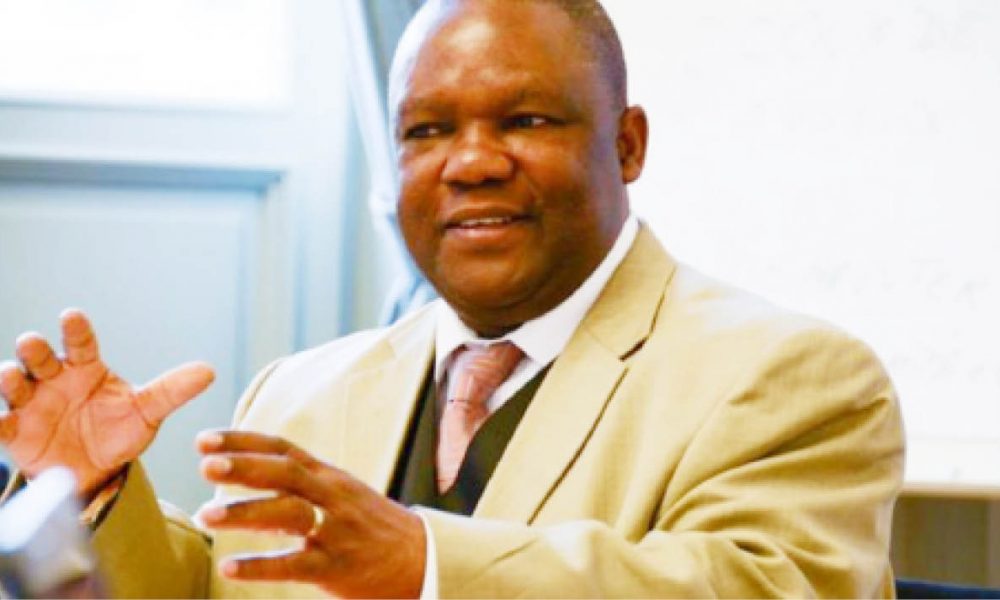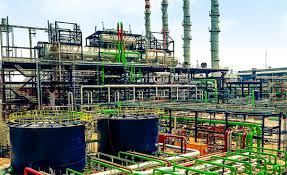Tinubu should energize the industrial sector for economic growth

By Daniel Adaji
President Bola Ahmed Tinubu, from his campaign promises and antecedents, is favourably disposed towards the industrial development of Nigeria. His speeches are punctuated with references to the need to revive the manufacturing sector, create jobs, and ensure the country is a big player in international economy. During his campaign in October 2022, Tinubu said: “Our guiding principle regarding economic policy shall be to provide the right policy framework so that business can flourish. I want to do more than help existing businesses to exist. We must create the space where new sectors and lines of business can open. We must grow this economy so that it can accommodate over 200 million people with a decent standard of living.”
It takes much more than rhetoric to achieve these lofty objectives; deliberate steps must be taken to put in place, not just the right environment, but also resources must be deployed to the relevant sectors and institutions, strategically placed to realise these objectives.The industrial sector must, therefore, be energized to achieve this dream. One of such institutions, sadly not given the necessary attention over the years, is the Raw Materials Research & Development Council. The Council was established under Decree 39 of 1987, now modified by the National Assembly as Raw Materials Research & Development Council Act 2022, in order to promote research, development and utilization of raw materials sourced locally in Nigeria, primarily to reduce the reliance of the country’s industries on imported raw materials.
We must grow this economy so that it can accommodate over 200 million people with a decent standard of living
It was established at a time when government observed that revenue from petroleum sector to run the economy was being channeled into the importation of raw materials for industries. For a country that is blessed with abundant natural and human resources, it was sheer waste of resources to keep importing raw materials that Nigeria could produce in abundance, if only the country had put in a little more efforts into innovation and research.
The agency was created in order to reduce the foreign exchange the country spends on the importation of raw materials, boost foreign exchange earning from export of local raw materials, and enhance the use of locally sourced raw materials as local contents for industries that must import raw materials. Its activities were also geared towards diversifying the economy. Since 1957 when petrol was discovered in the Niger Delta, the country has remained a mono-cultural economy due to the non-development of other raw materials in Nigeria.
There are many private initiatives to boost the manufacturing sector, but the shortage of raw materials has always been a persistent setback. The situation is made worse in this dispensation in which either access to forex is difficult or the exchange rate is so prohibitive that goods produced from imported raw materials under this regime may be priced beyond the reach of the ordinary buyer. The manufacturing sector is therefore faced with the dilemma of importing raw materials at very high forex rates, producing goods that must be sold at a exorbitant prices and competing unfavourably with products imported into Nigeria from other countries, especially China, India, Turkey, Pakistan, etc, which are relatively cheaper. The Tinubu administration must intervene to alter this pervasive trend.

Photocredit:RMRDC
Over the years, the (RMRDC) has made progress in several areas, collaborating with local and international institutions, in order to achieve its mandate. For instance, it has produced a map of all the raw materials available in all the 744 local government areas across Nigeria. The project of mining data on the raw materials in each local government was carried out with the support of the United Nations Development Programme (UNDP). State governments have been utilizing the data to determine the kinds of Small and Medium Scale Enterprises (SMEs) that could survive in their environment. A byproduct of this data is a survey of the agricultural commodities in the country like cassava, cotton, cocoa, groundnut, gum, maize, rubber, oil palm, soyabean, cashew, castor, ginger, mango, citrus fruits, pineapple, rice, sugarcane and sorghum.
In practical terms, the body has collaborated with the Ofe and Star Auto Ltd Lagos to develop an automotive brake pad, using palm kernel shell (PKS) as friction material. This product is seen to be environmentally friendly, as against conventional asbestos-based brake pad that is carcinogenic. The brake pad produced from this collaboration has filled the gap left by the high cost of importing asbestos-based brake pad. The Council has also produced web offset print ink, utilized by news print industry in Nigeria, saving the country over N1 billion spent on the importation of ink for the sector. The Council achieved this feat in collaboration with Crestol Nigeria Limited, Lagos, using 80 per cent local raw materials.

The Council has also developed a pilot plant for producing of caustic soda, an important chemical raw material in textiles, soap and petroleum industries. It is collaborating with Sheda Science and Technology Complex (SHETSCO), Abuja for producing adhesive, which is used in offices and educational institutions. Across Nigeria, RMRDC has contributed to the followings: upgrading of Tale process plant in Kagara, Niger State; establishment of 1,000 litre capacity Milk Collection Centre in Paikon-Kore, Federal Capital Territory (FCT), Abuja; working on Kaolin processing for Anambra State Government; resuscitation of palm oil mill with Kogi State Government; integrated farming project for private farms in Kwara State; work on alka-chlorin chemical plant in Ogun State, among many other projects.
Of course, this is a far cry from the lofty objectives the Raw Material Council is supposed to have achieved over 40 years since it was established. The setback is created by the half-hearted attention government has paid to this organization, as budgetary allocations for capital projects to it have never been released as at when due. With such poor funding, it has been difficult for RMRDC to effectively implement its programmes; it becomes one of the many government agencies that pays salaries at the end of every month, but cannot utilize their full capacity to achieve their mandate.
Apart from the allocations from the Federal Government, the agency’s other sources of revenues include one percent import surcharge, and the meagre amount from internally-generated revenues. Under this atmosphere, its major achievements in data mapping on raw materials were realized through collaboration with international organizations.
Now that it is apparent Tinubu is poised to revive the industrial sector, it must pay attention to RMRDC, to ensure that the potential of the agency are realized
The Council has to collaborate with universities and many research centres across the country, most of which are poorly funded and bogged down by low motivation. Most research institutes have very poor infrastructure, laboratories, and quality manpower. They face epileptic power supply, dilapidated research tools that cannot be relied upon for innovation and research breakthrough. Then, there are cases of inter-agency rivalry because of the lack of clear distinction between the mandates of the RMRDC and other research agencies which target industries.
Now that it is apparent Tinubu is poised to revive the industrial sector, it must pay attention to RMRDC, to ensure that the potential of the agency are realized. Government must provide the funding necessary for the development of local raw materials, to reduce our reliance on imported raw materials for Nigerian industries. It is time to encourage synergy between Research and Development institutions and Nigerian industries for effective utilization of research findings.
The RMRDC must be commended for being able to relate effectively with other institutions whose mandate overlaps with those of the Council. For instance, the mandate of RMRDC overlaps with those of the Federal Ministry of Agriculture and Rural Development (FMARD), Nigerian Export Promotion Council (NEPC) and even the Nigerian Content Development and Monitoring Board (NCDMB). Also, in areas where the Council has made a lot of positive impact, especially in food and beverages, sector whose raw materials are sourced locally, government must provide the necessary support for more impact.
Adaji is a researcher, based in Abuja
The Insight Report
Nigeria Coverage



